📚 6 Books mentioned in "Ari Wallach: Create Your Ideal Future Using Science-Based Protocols" of Huberman Lab
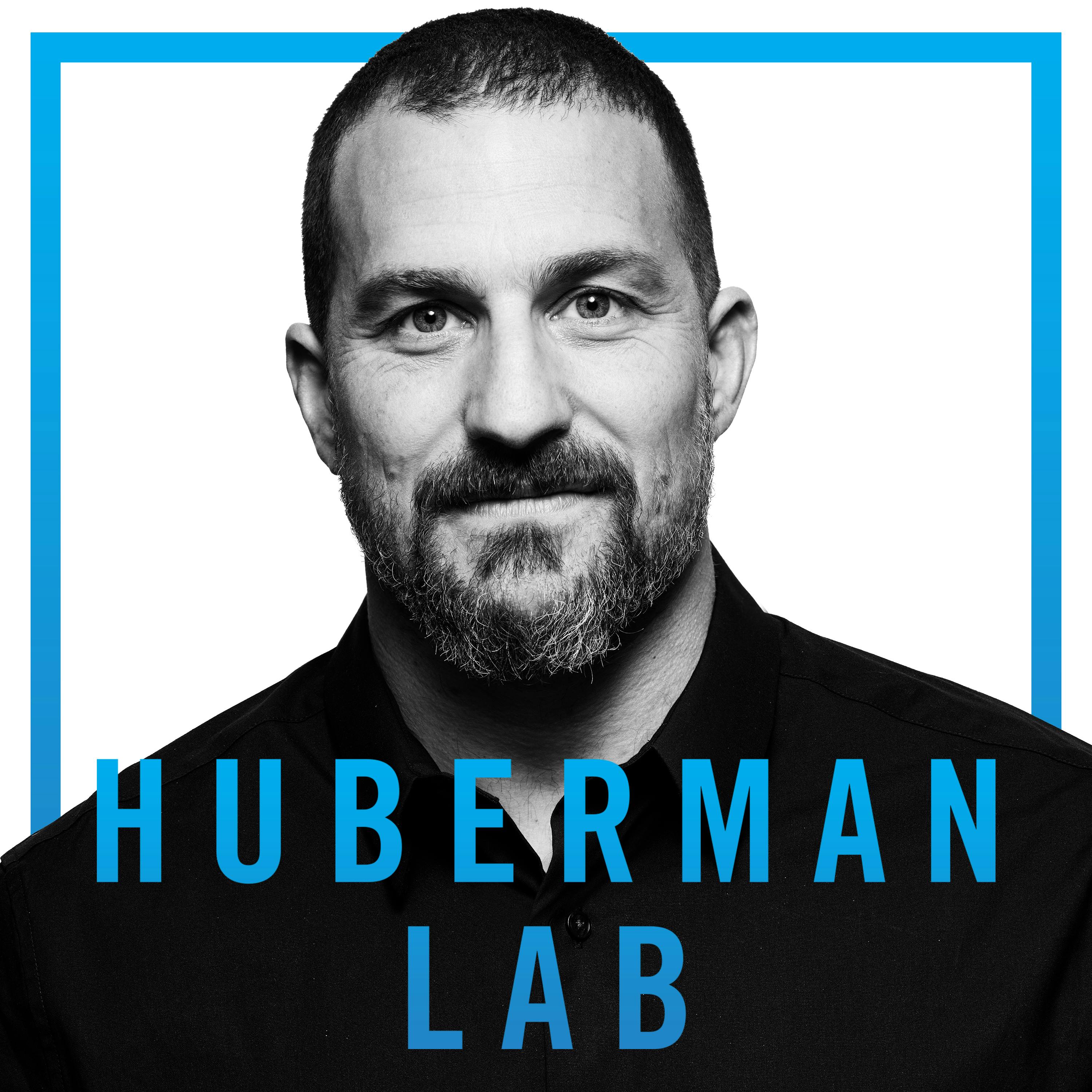
Podcast: Huberman Lab
Episode: Ari Wallach: Create Your Ideal Future Using Science-Based Protocols
Published on October 14, 2024
Here’s a list of all the books mentioned in this episode. Click on the links to watch specific excerpts on YouTube and feel free to purchase the books if they caught your interest!

A Fighter's Heart
Buy A Fighter's Heart by Sam Sheridan on Amazon
I think there are two phrases that come to mind; there's a book called 'A Fighter's Heart' by Sam Sheridan, and it's a pretty interesting account of all the different forms of martial arts and fighting. There's an interesting part of the book where he says, 'You can't have your 20th birthday until you're 19,' which is a big giant duh; but it's actually a pretty profound statement.
Andrew Huberman mentions the book 'A Fighter's Heart' by Sam Sheridan, describing it as an intriguing account of martial arts and fighting. He highlights a particular statement from the book that emphasizes the importance of recognizing we can't skip steps in life.
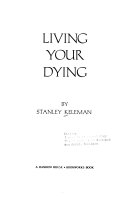
Living Your Dying
Buy Living Your Dying by Stanley Keleman on Amazon
In 1972, Ernest Becker wrote a book, which you'll know all about, the book based on the title called The Denial of Death; he won the Pulitzer Prize for it. And Becker's contention was that we are the only species that at a very early age recognizes that we are only here for a short period of time, but more than anything, at one point in time we will die; we will cease to exist.
Ari Wallach discusses the book 'The Denial of Death' by Ernest Becker, highlighting Becker's argument that human awareness of mortality drives us to create culture as a means to cope with the fear of death. This is mentioned within the broader context of contemplating actions and thoughts concerning the distant future.
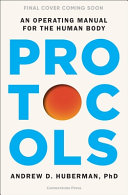
Protocols
Buy Protocols by Andrew Huberman on Amazon
For those of you that haven’t heard, I have a new book coming out; it’s my very first book entitled, 'Protocols: An Operating Manual for the Human Body.' This is a book that I’ve been working on for more than five years and it’s based on more than 30 years of research and experience.
Andrew Huberman discusses his first book, 'Protocols: An Operating Manual for the Human Body,' which he has been working on for over five years. He highlights that it is based on over 30 years of research and covers various protocols related to sleep, exercise, and focus.
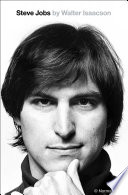
Steve Jobs
Buy Steve Jobs by Walter Isaacson on Amazon
And the reason I say this is, um, you know, I remember when Steve Jobs was alive because I was a postdoc in Palo Alto then and would see him occasionally around Palo Alto, um, there; and then, you know, read the Walter Isaacson biography about him, and it seemed like he had a very clear sense that someday he would die, and he lived his life essentially according to that principle.
Andrew Huberman reflects on reading Walter Isaacson's biography of Steve Jobs. He recalls the way Jobs appeared to understand his own mortality, suggesting that this awareness influenced how he chose to live his life, possibly shaping his decisions amidst a sense of urgency.
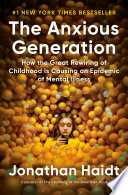
The Anxious Generation
Buy The Anxious Generation by Jonathan Haidt on Amazon
But I think between what you're saying and what Jonathan Haidt, who was on this podcast, the author of 'Anxious Generation,' 'Coddling of the American Mind,' professor at NYU, etc., has said, I'm starting to really believe that, yes, the human brain can focus on past, present, or future, or some combination, but that something about the architecture of our technologies and our human interactions, because those are so closely interwoven, that's taking place now has us really locked in the present, in stimulus and response.
In this episode, Andrew Huberman discusses the impact of technology on our cognitive abilities, referencing Jonathan Haidt's book, 'Anxious Generation.' The conversation highlights how our interactions with technology and one another may limit our ability to think about the future, focusing instead on immediate responses.
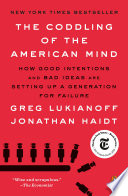
The Coddling of the American Mind
Buy The Coddling of the American Mind by Greg Lukianoff, Jonathan Haidt on Amazon
But I think between what you're saying and what Jonathan Haidt, who was on this podcast, the author of 'Anxious Generation,' 'Coddling of the American Mind,' professor at NYU, etc., has said, I'm starting to really believe that, yes, the human brain can focus on past, present, or future, or some combination, but that something about the architecture of our technologies and our human interactions, because those are so closely interwoven, that's taking place now has us really locked in the present, in stimulus and response.
During the podcast, Andrew Huberman discusses insights from Jonathan Haidt's book, 'Coddling of the American Mind'. He explores the effects of technology and human interactions on our cognitive abilities, particularly how they influence our focus on the present rather than the past or future.
